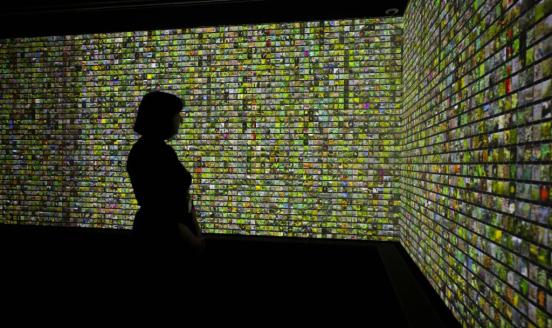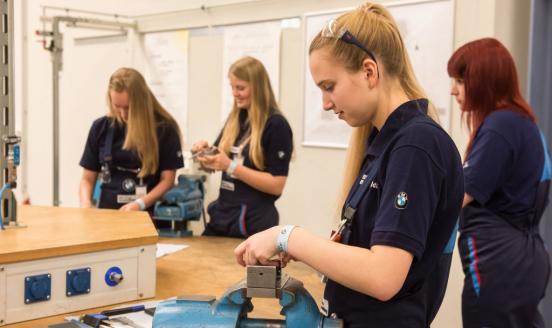Is the EU Copyright Directive still fit for purpose in the age of generative AI?
How should policy makers balance copyright protection and innovation in the era of Generative AI?
Speakers
Estelle Derclaye
Professor of Intellectual Property Law, School of Law, University of Nottingham
Bertin Martens
Senior fellow
Axel Voss
MEP, EPP, European Parliament
Jeremy Rollison
Senior Director of EU Government Affairs, Microsoft
Agenda
Check-in and coffee
11:30-12:00Agenda
Discussion
12:00-12:45- Chair: Bertin Martens, Senior fellow
- Estelle Derclaye, Professor of Intellectual Property Law, School of Law, University of Nottingham
- Jeremy Rollison, Senior Director of EU Government Affairs, Microsoft
- Axel Voss, MEP, EPP, European Parliament
Agenda
Q&A
12:45-13:00Agenda
Lunch
13:00-13:30Training the latest wave of Generative AI Large Language Models requires access to huge volumes of data such as webpages, news articles and document repositories. Training for media applications requires access to large collections of pictures, music and video. Copyright holders are concerned about the unauthorized use of their creative works as AI training inputs, and perhaps even more so about the ability of Generative AI to produce nearly indistinguishable imitations and unlimited variations on their works. The EU AI Act was drafted before Generative AI erupted onto the tech scene. Policy makers in the European Parliament have recently added additional clauses (Art 28b) that prohibit unauthorized use of copyright protected material as inputs for training purposes. But what does unauthorized use mean in the EU Copyright Directive? It includes an exception to copyright protection for Text and Data Mining. Similarly, the US copyright doctrine allows “fair use” and “transformative use” of copyright protected material. Neither EU nor US law offer much help for the treatment of close-substitute creative outputs by Generative AI algorithms. So far, the law assumed that creativity is an exclusive human feature. Generative AI is a massive assault on that human monopoly.
Moving from a legal to an economic perspective, AI upsets the fragile balance between exclusive private rights on copyright-protected material and society’s wider interest in promoting innovation. In which direction should that balance be tilted? Should policy makers take a defensive stance and impose more stringent copyright protection, at the expense of innovation, or should they relax protection to enable more innovation? In this Bruegel event, we explore the pros and cons of these opposing views on copyright and AI.






